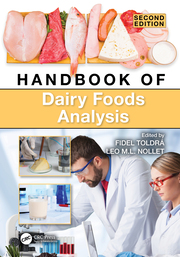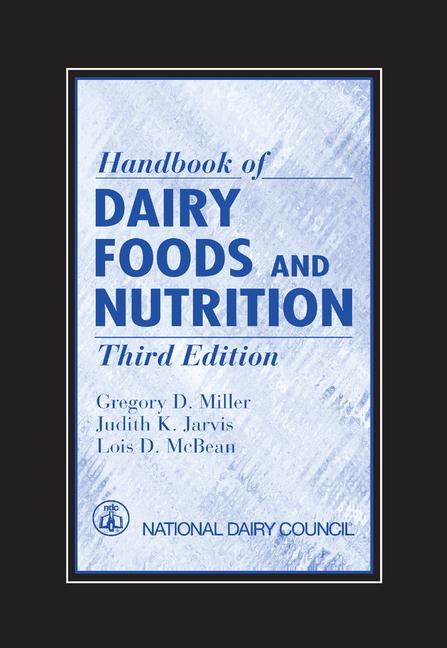Severe consequences for dairy if U.S. fails to confront EU aggression on common food names
A study commissioned by USDEC shows the dairy industry could see a dramatic drop in demand for U.S. cheeses.

A new study commissioned by the Arlington, Va.-based U.S. Dairy Export Council (USDEC) and the Consortium for Common Food Names forecasts severe consequences for U.S. cheese exports if the European Union (EU) is successful in further expanding restrictions on the use of “generic” terms such as Parmesan, Asiago and feta.
If the EU’s geographical indication (GI) initiatives were to be enforced on U.S. cheeses, the study conducted by Informa Agribusiness Consulting predicts the dairy industry could see a dramatic drop in demand for U.S. cheeses, with prices falling 14% and resulting revenue losses between $9.5 billion and $20.2 billion, depending on consumers’ willingness to pay for recognizable cheese names, USDEC said.
“The European Union has repeatedly targeted the U.S. dairy industry by undermining our ability to freely use generic cheese names in foreign markets,” said Tom Vilsack, chairman and CEO of USDEC. “The United States must make it abundantly clear that attempts to restrict common names in our domestic market will be met with swift and forceful opposition.”
The impact of GI restrictions would not be limited to the U.S. cheese industry, USDEC noted, with grave effects on both the milk industry, through plummeting prices and shifting demand, and the broader U.S. economy. Informa’s study reveals potential jobs losses ranging from 108,000 up to 223,000 across the supply chain.
“Failing to confront the European Union’s aggression will have a serious impact on the United States' ability to continue to expand exports, negating the important progress dairy has made towards securing The ‘Next 5 Percent,’” Vilsack added.
The Next 5 Percent is an industry initiative to increase U.S. dairy export volume from approximately 15% of the U.S. milk supply to 20% through a coordinated effort between USDEC and dairy suppliers that builds on existing markets and cultivates new ones.
Looking for a reprint of this article?
From high-res PDFs to custom plaques, order your copy today!





